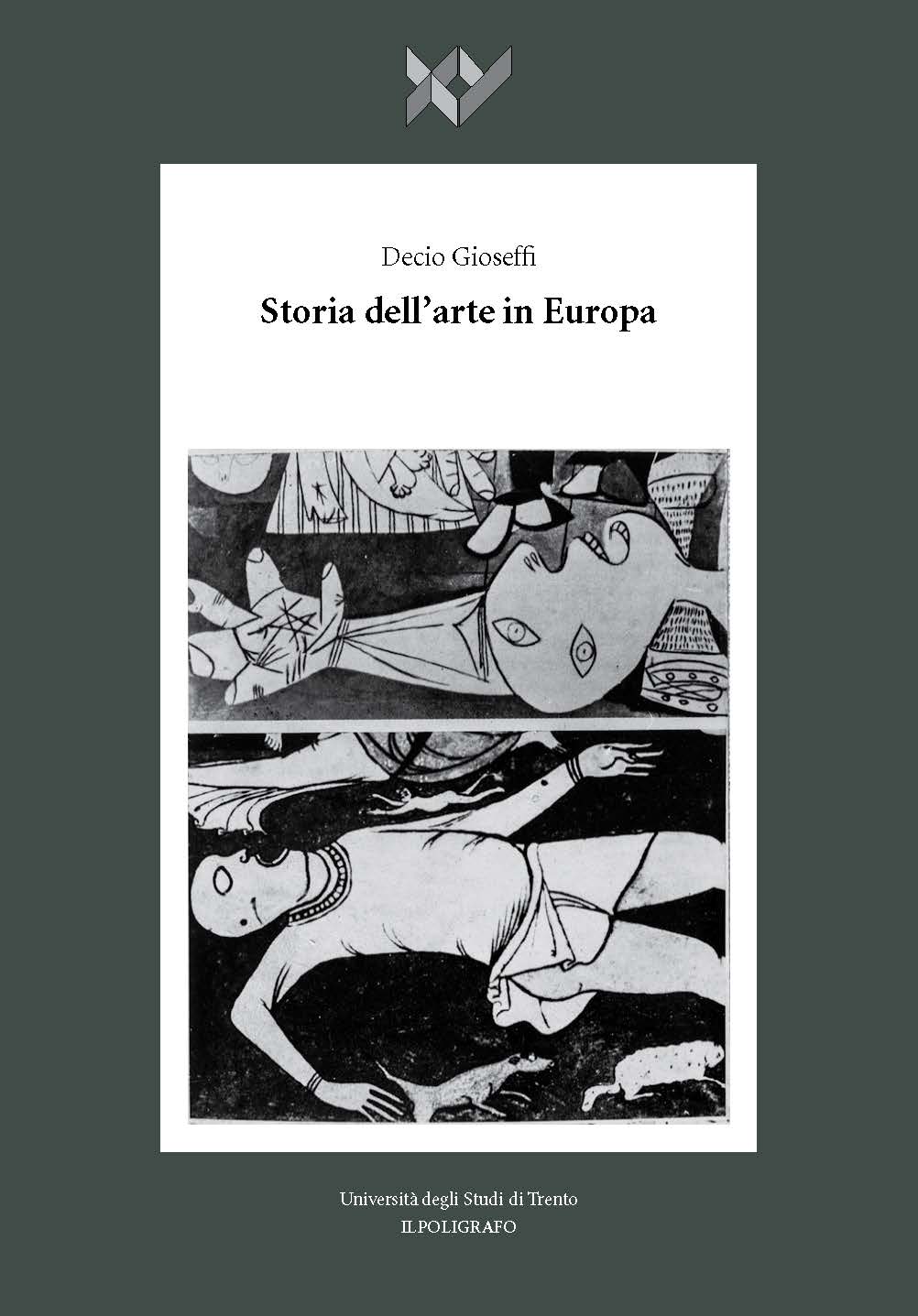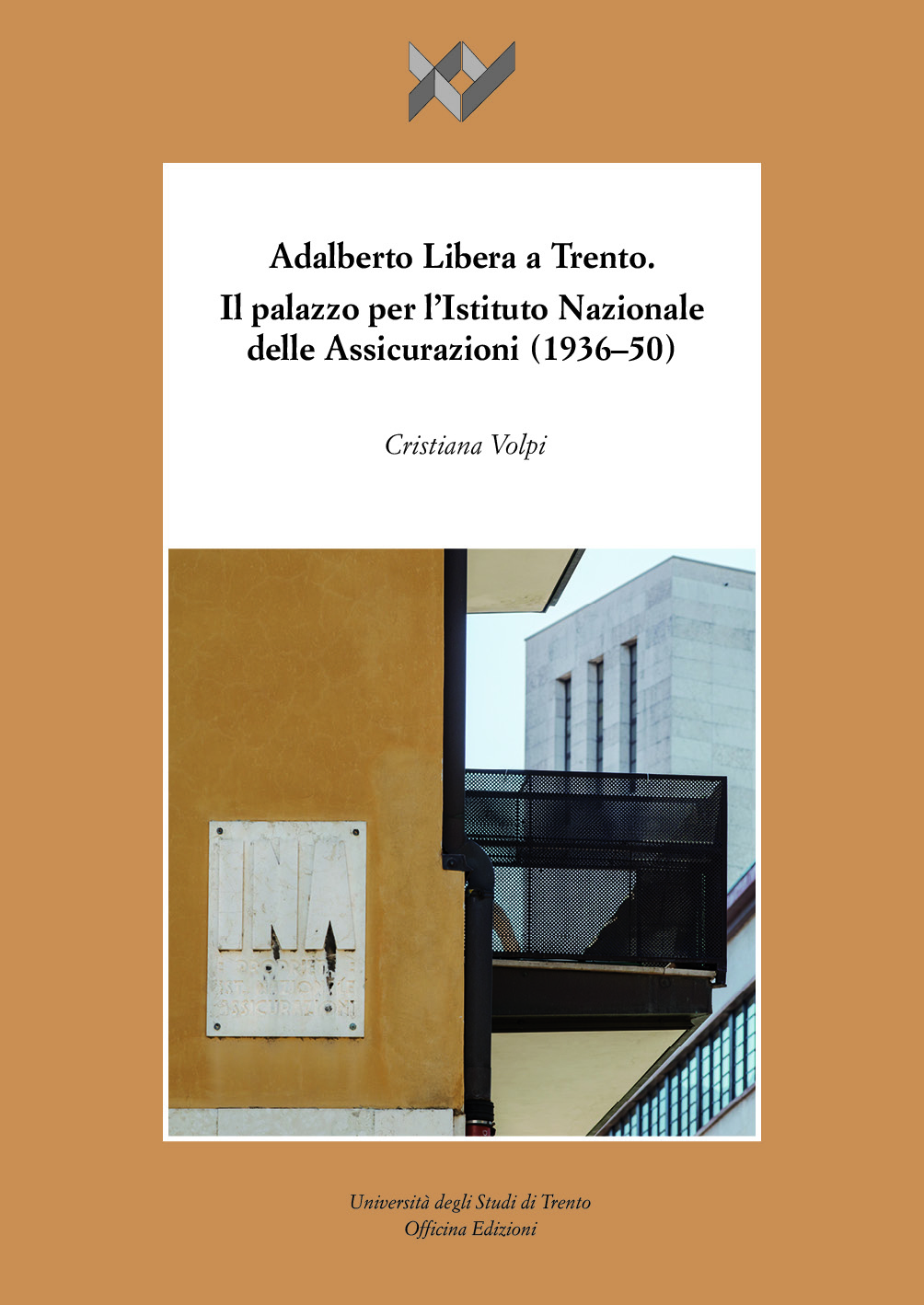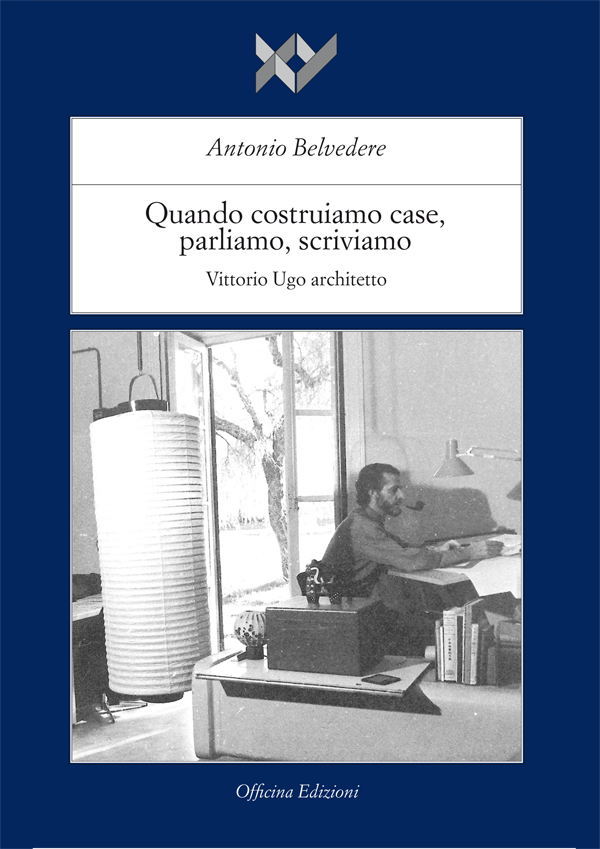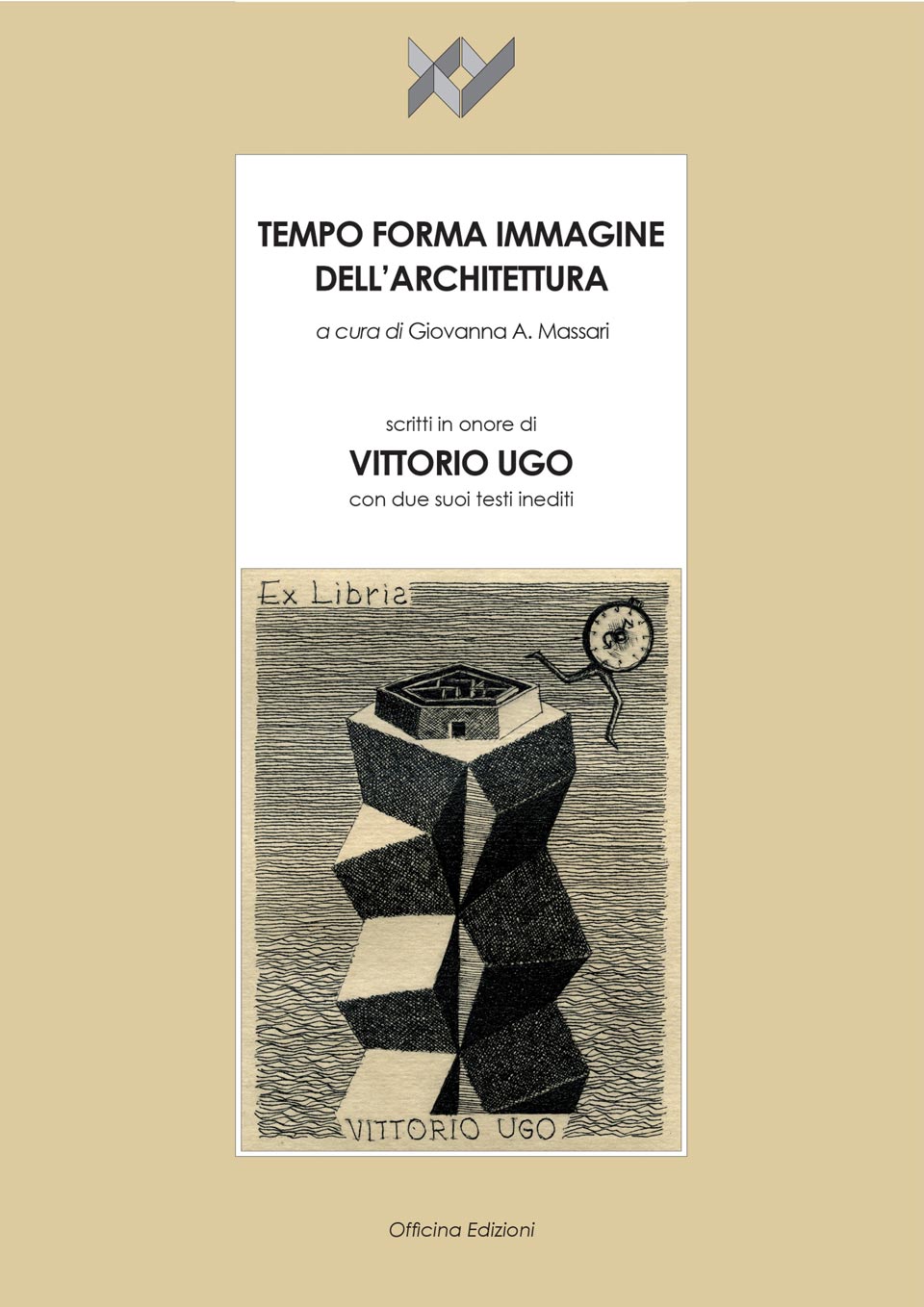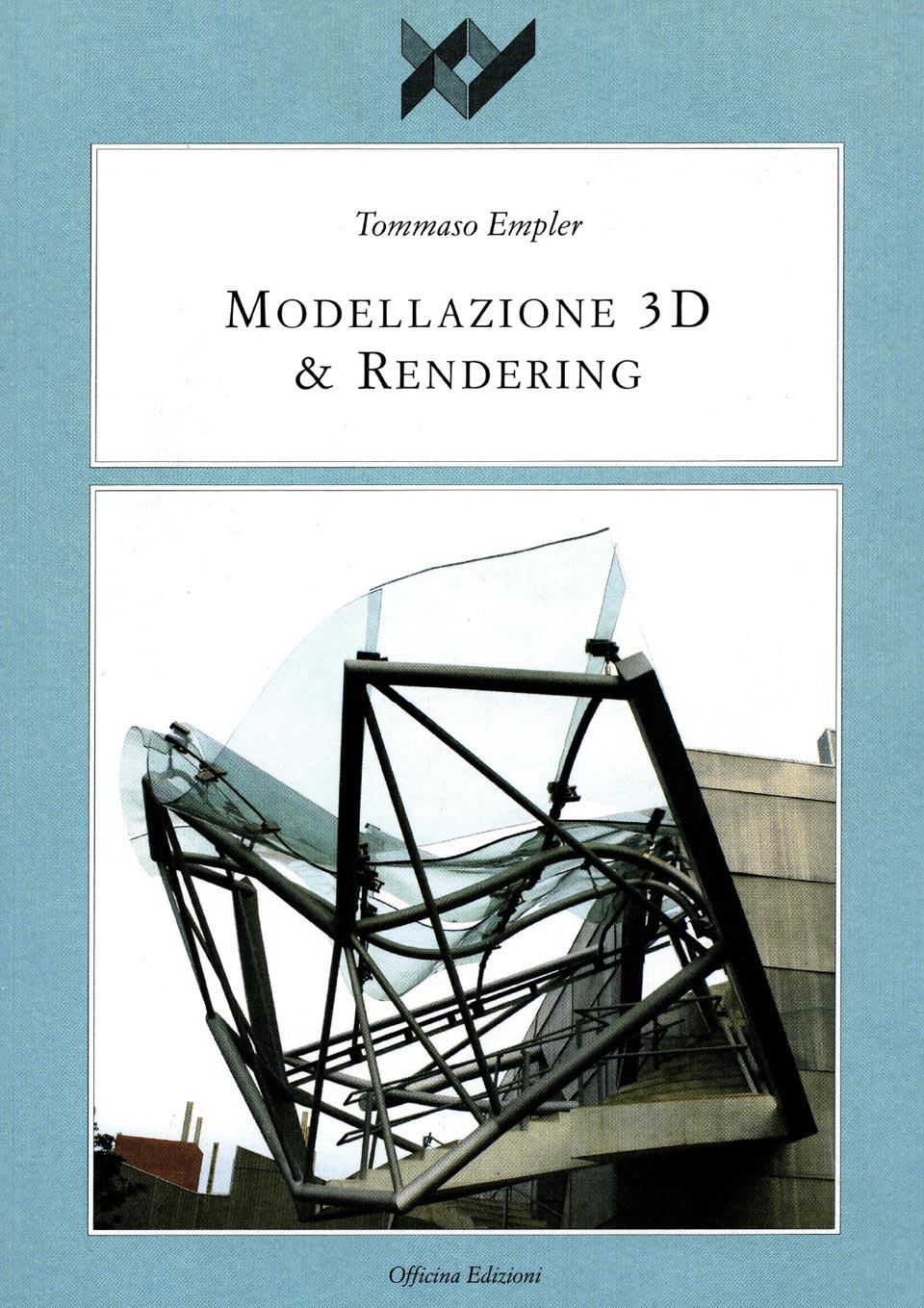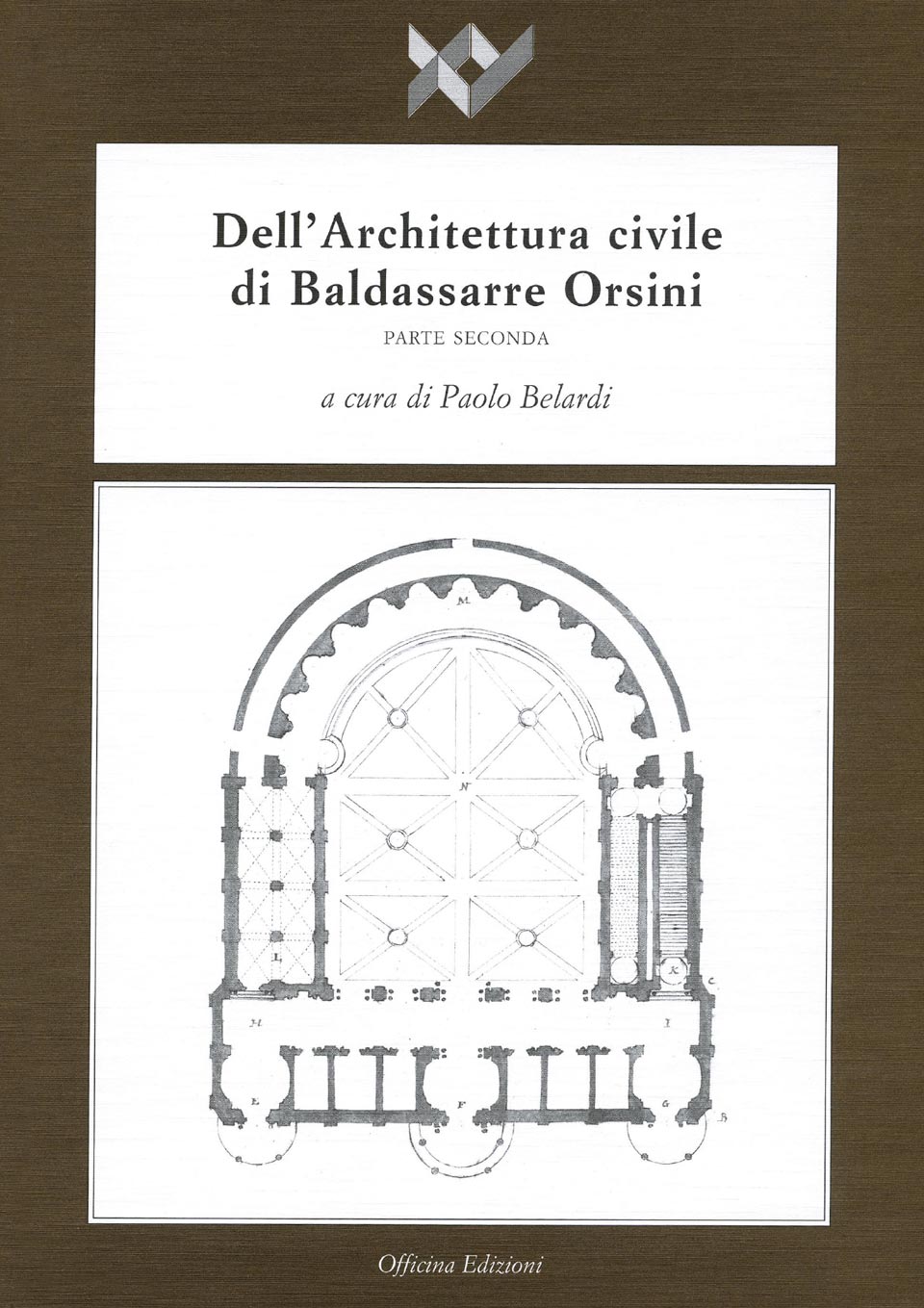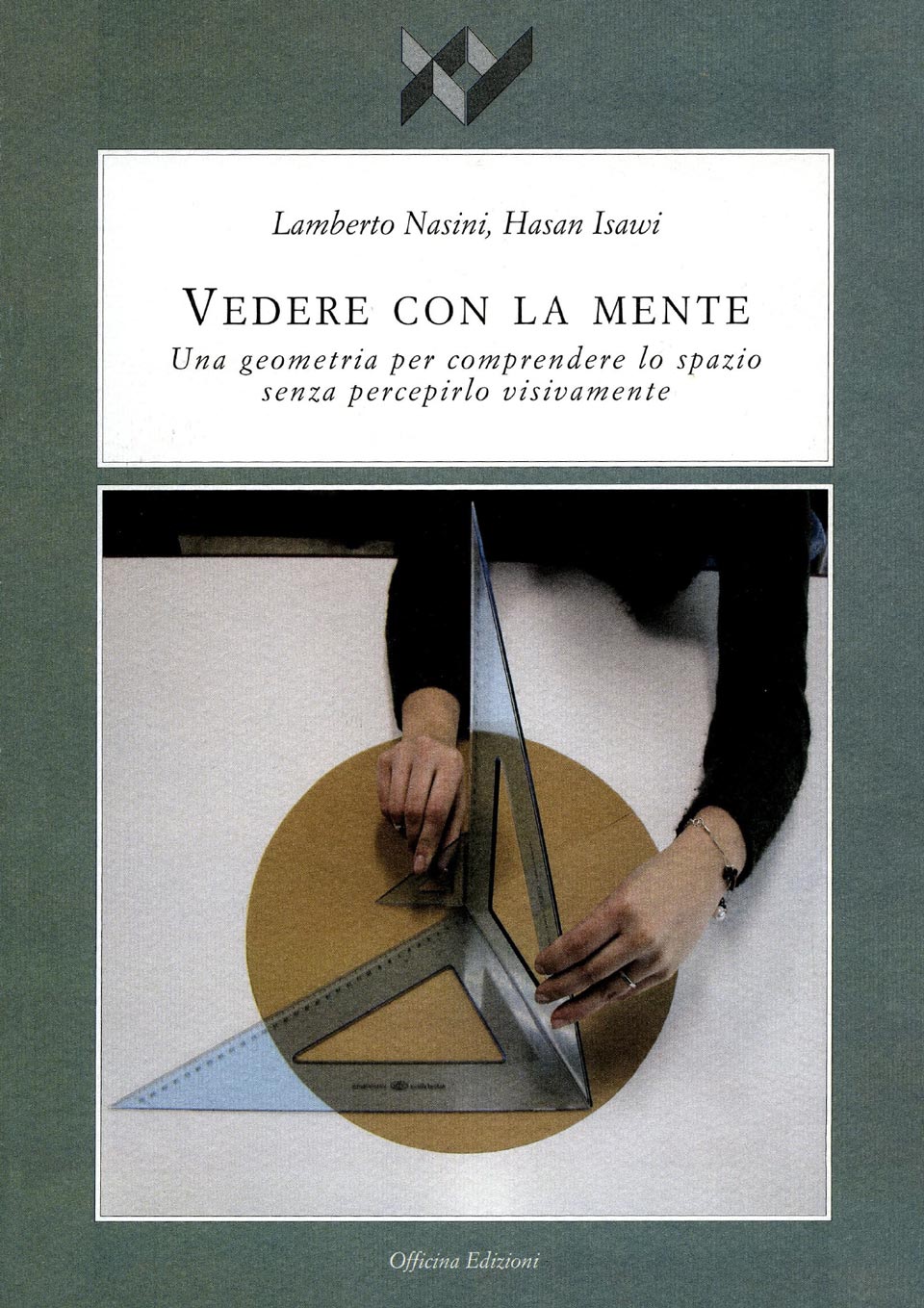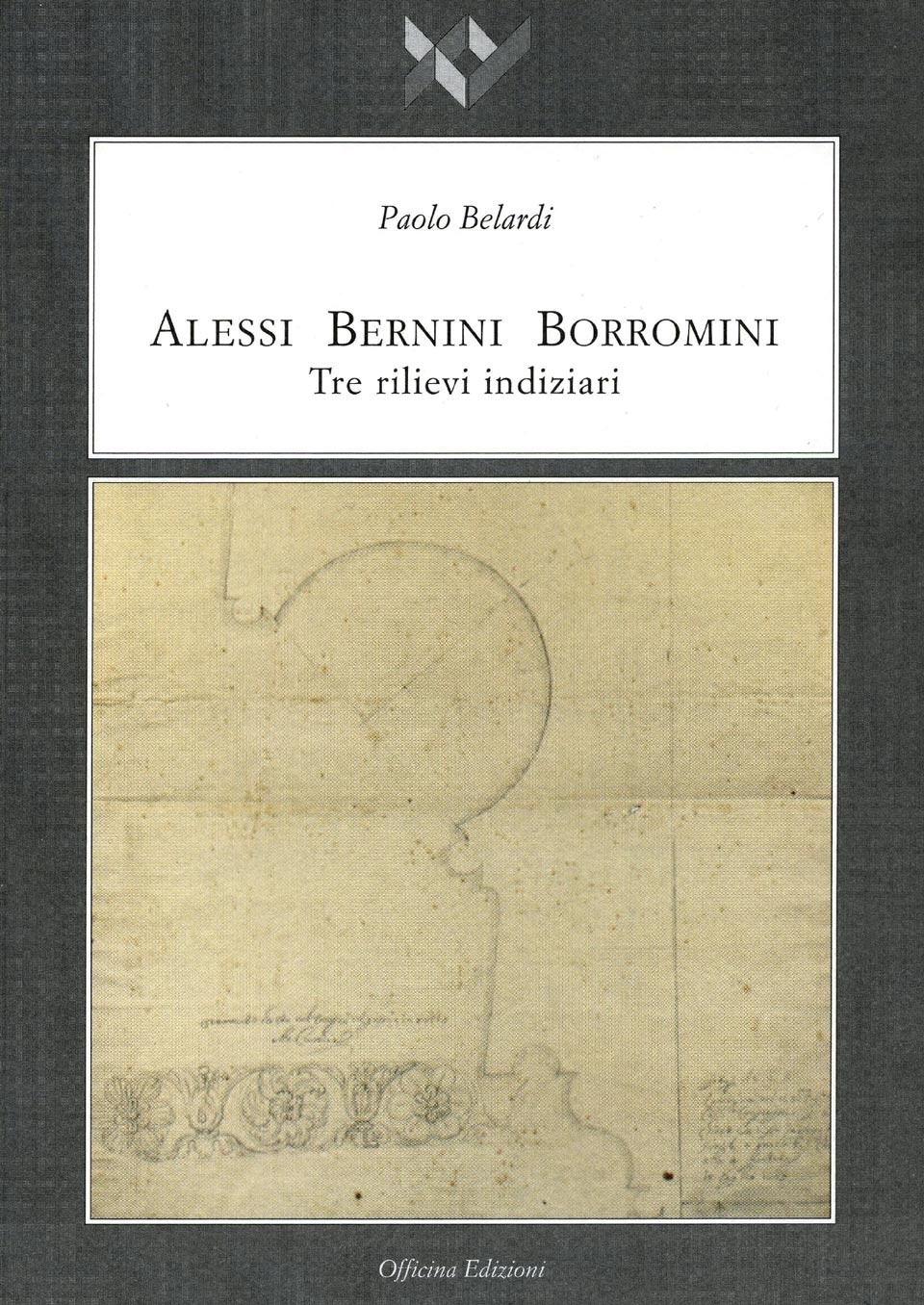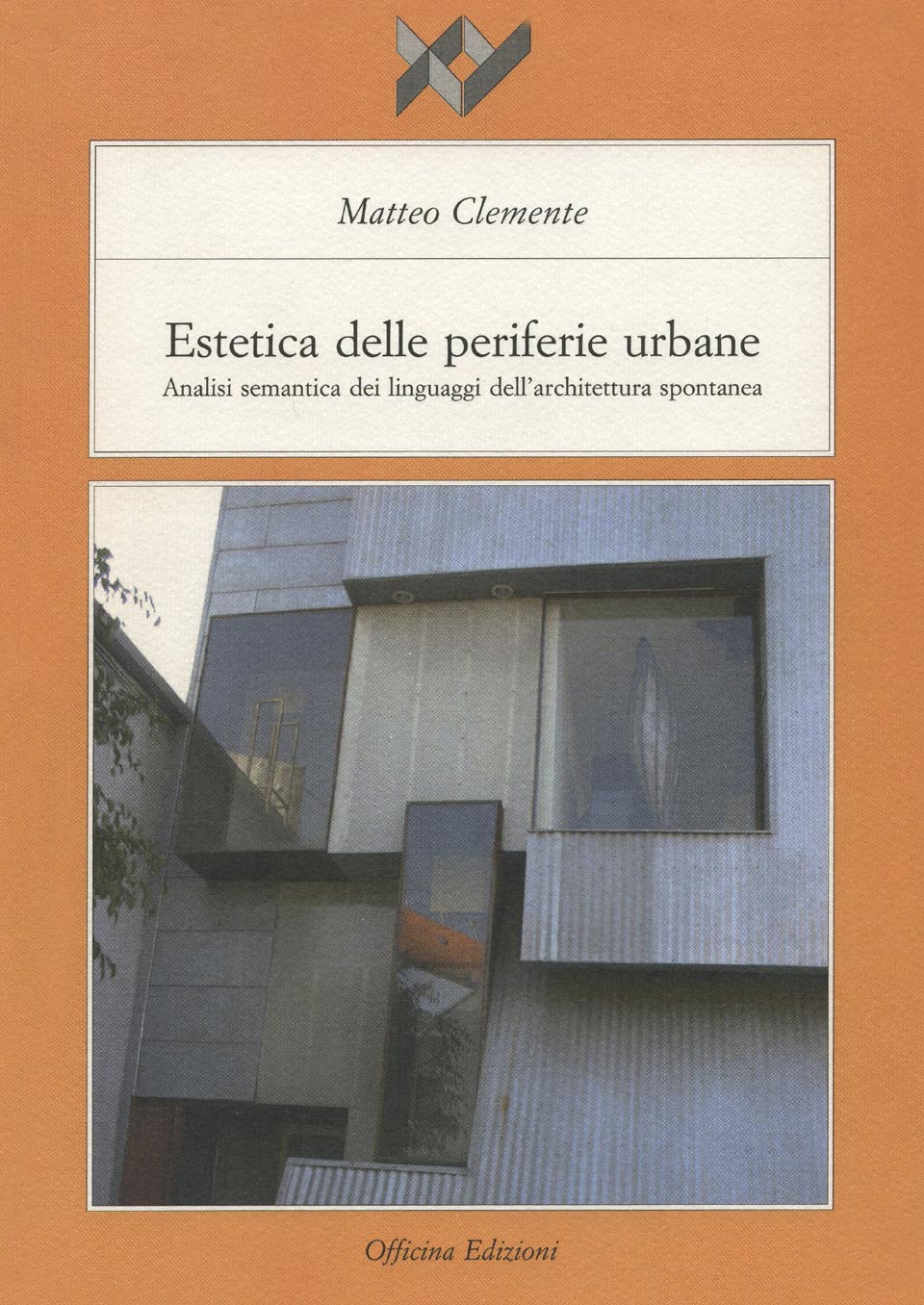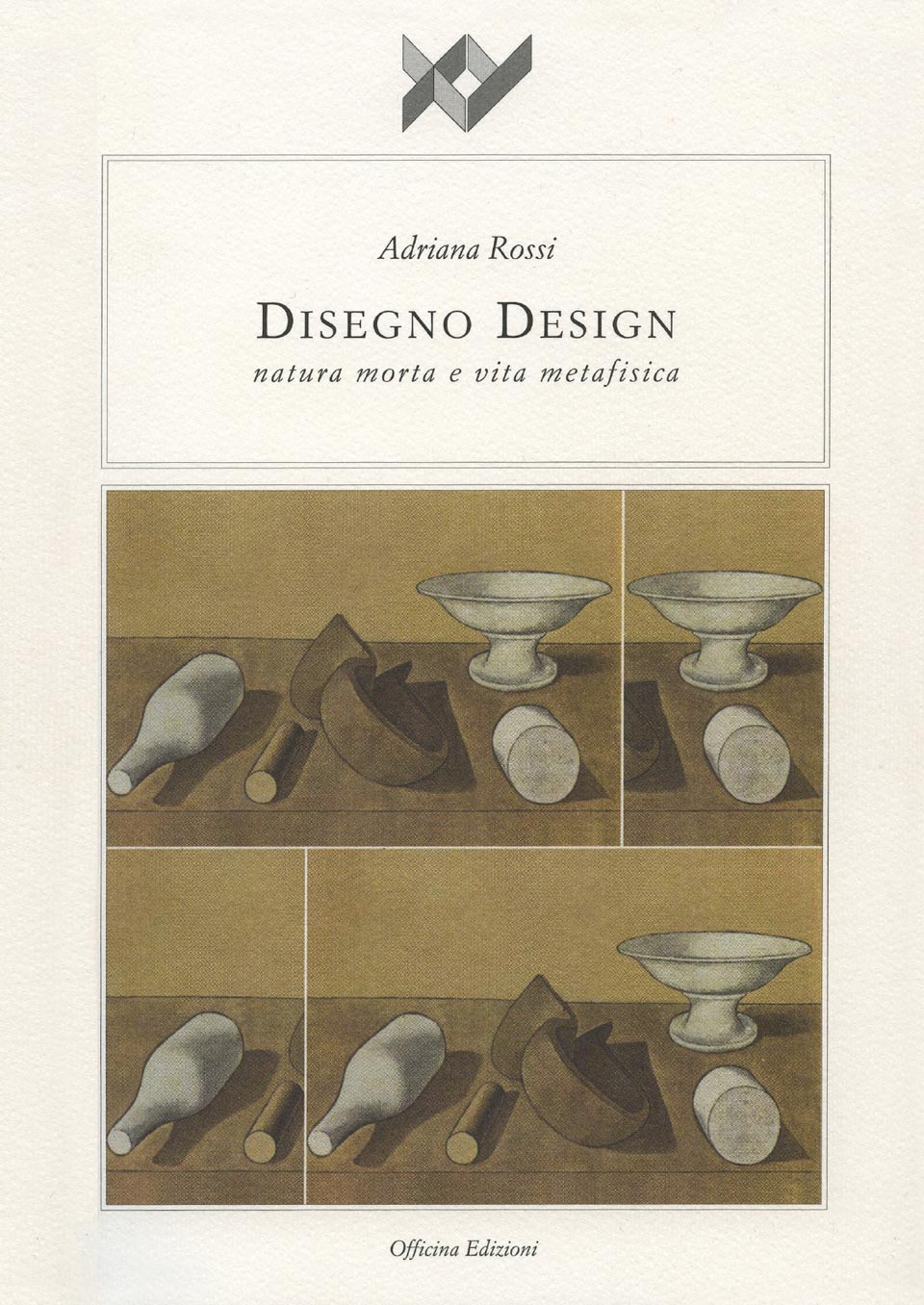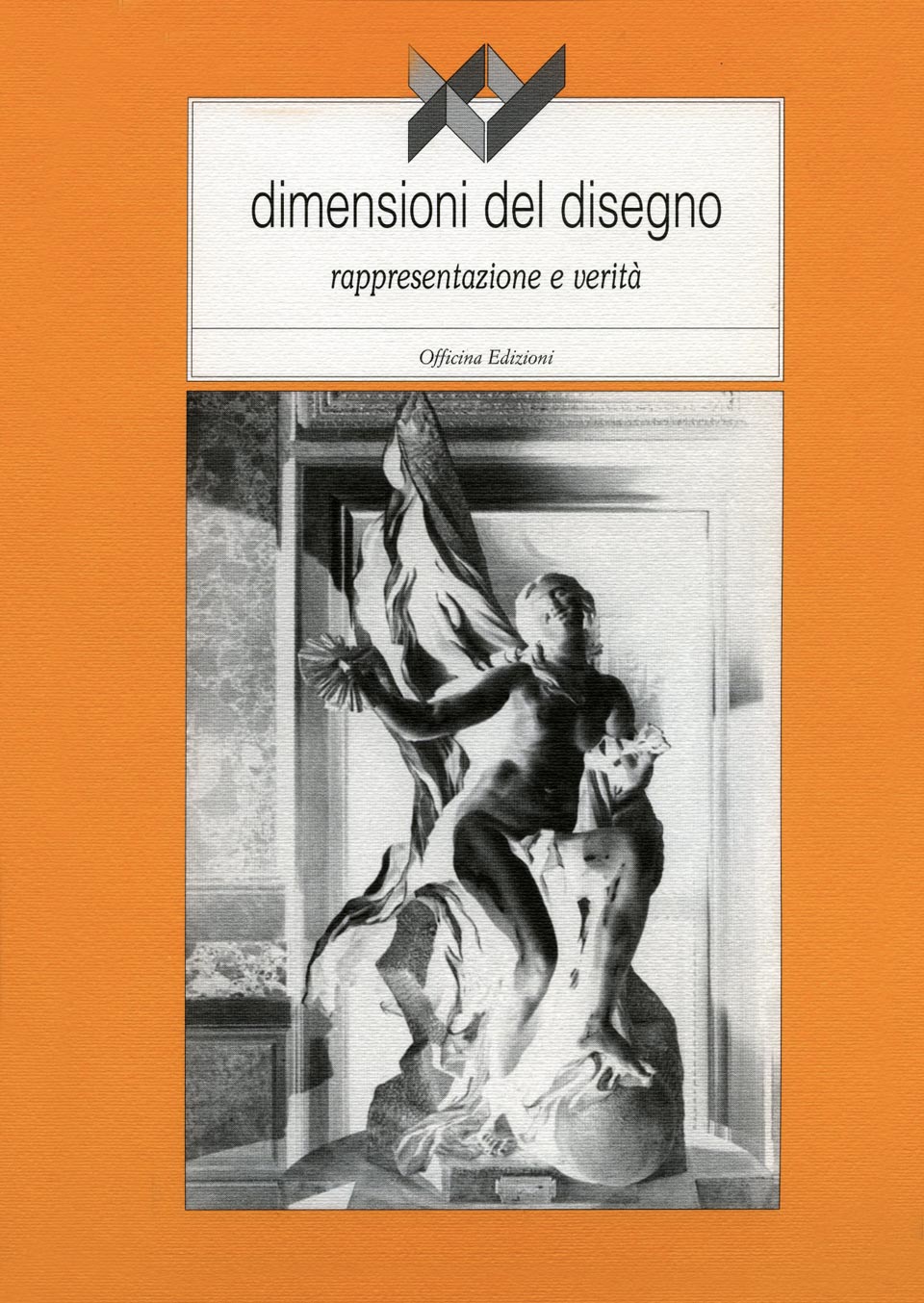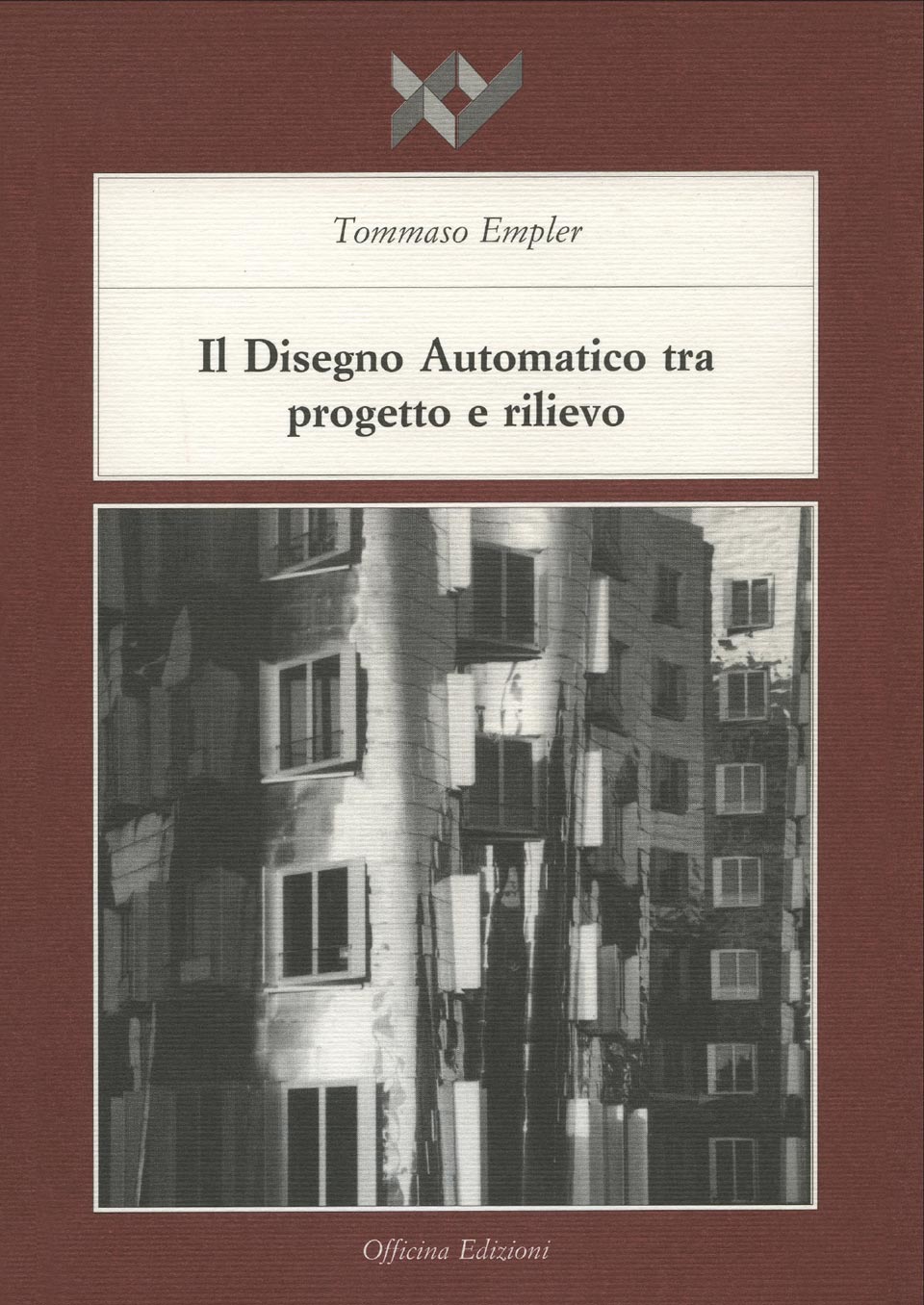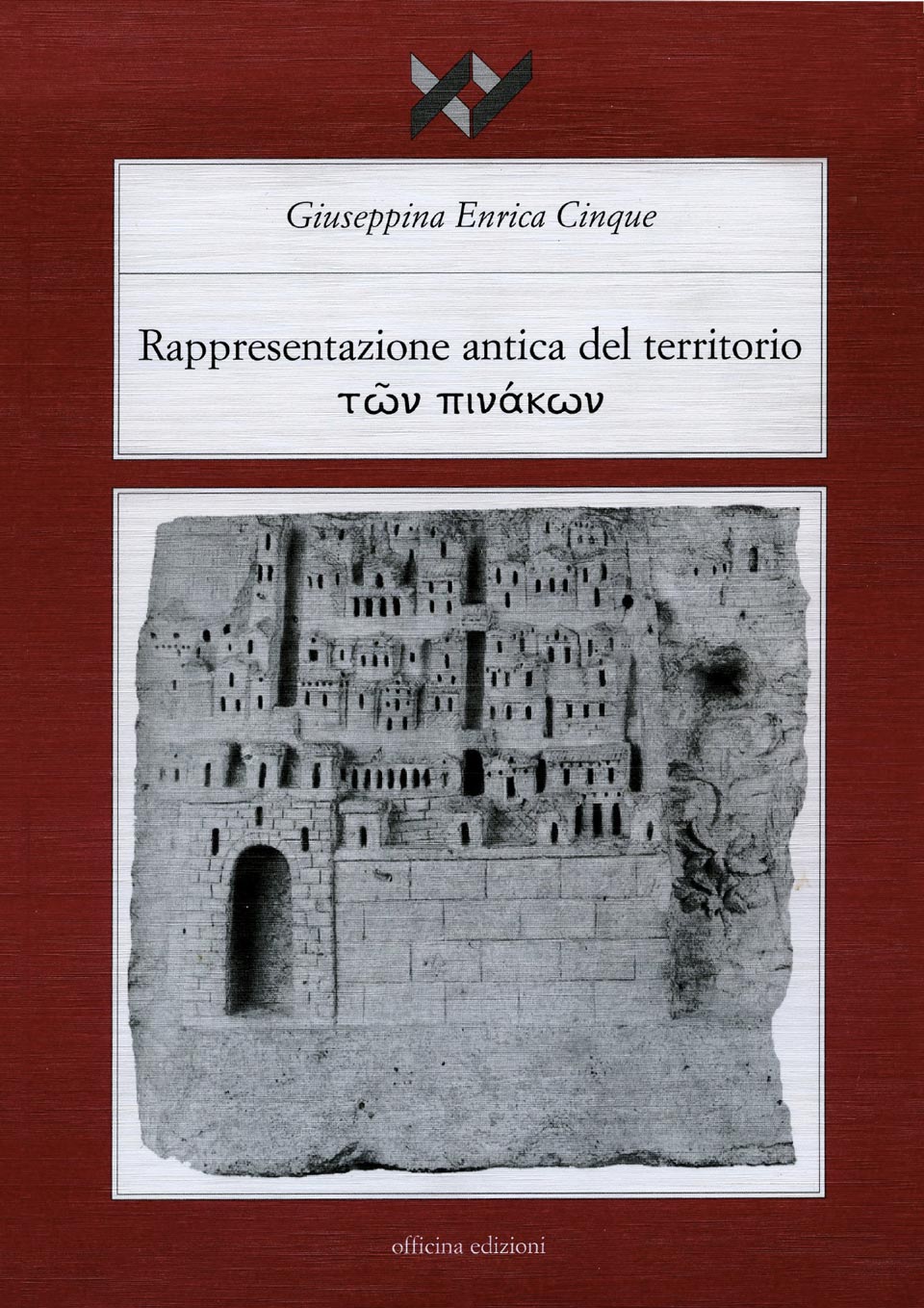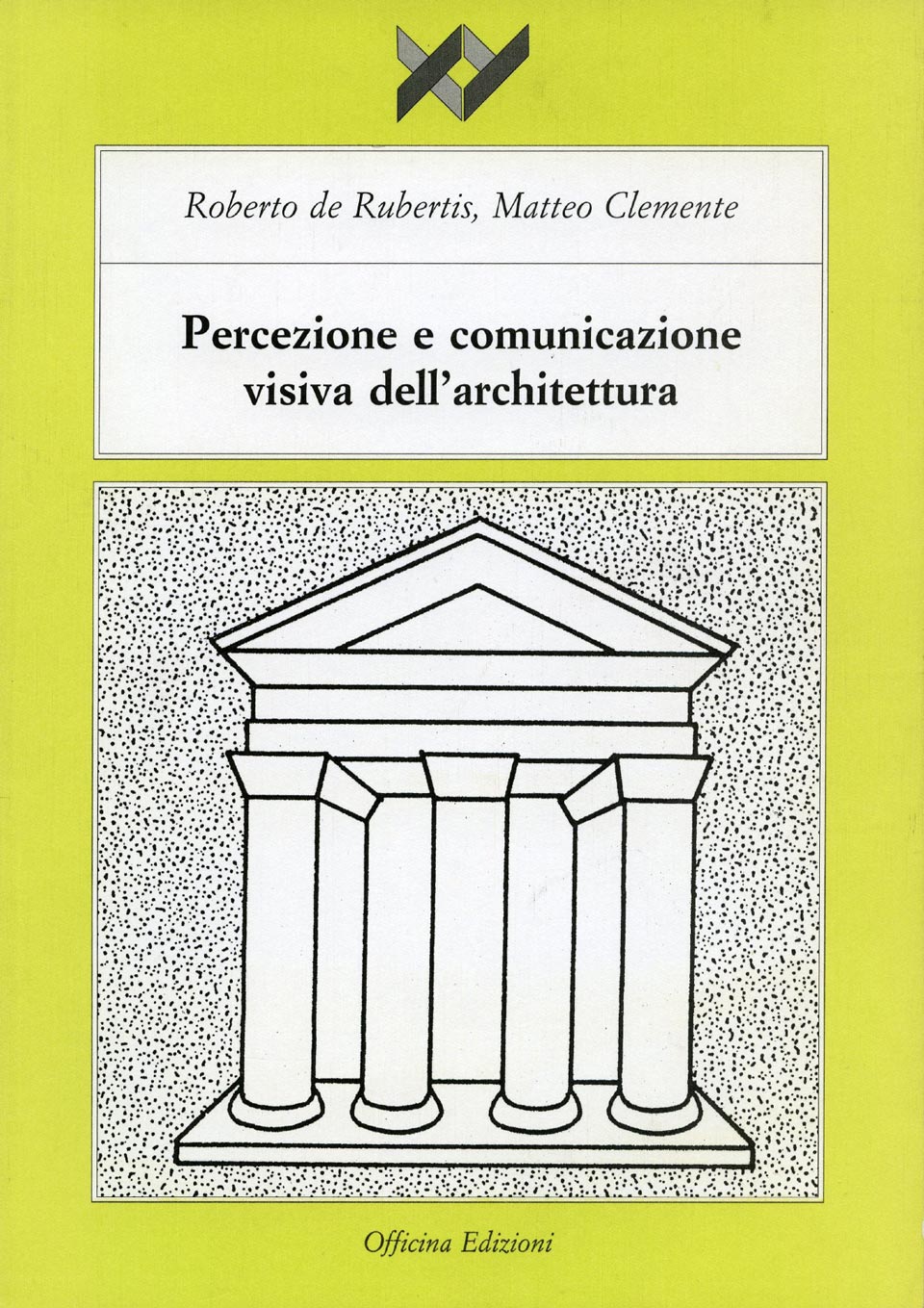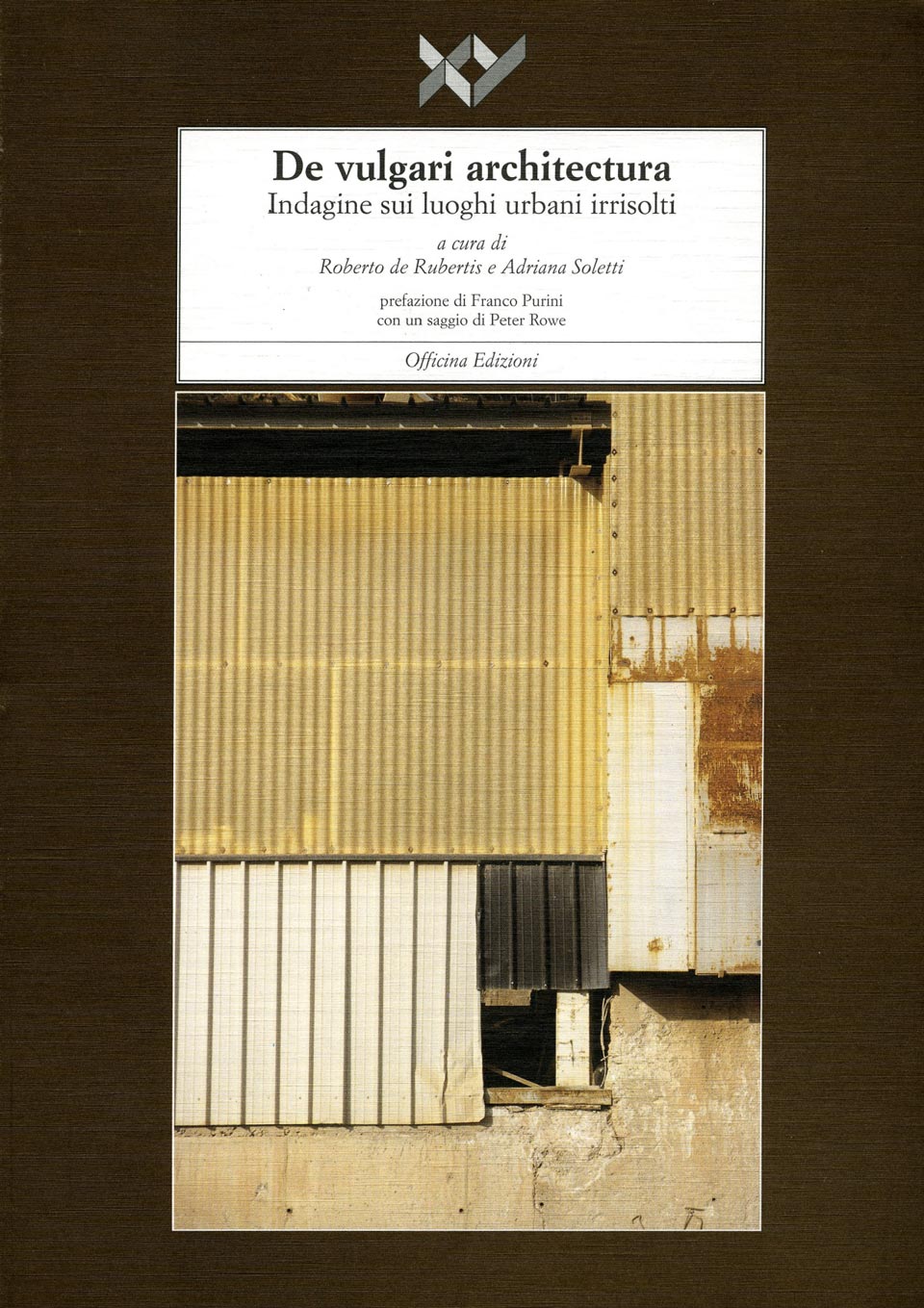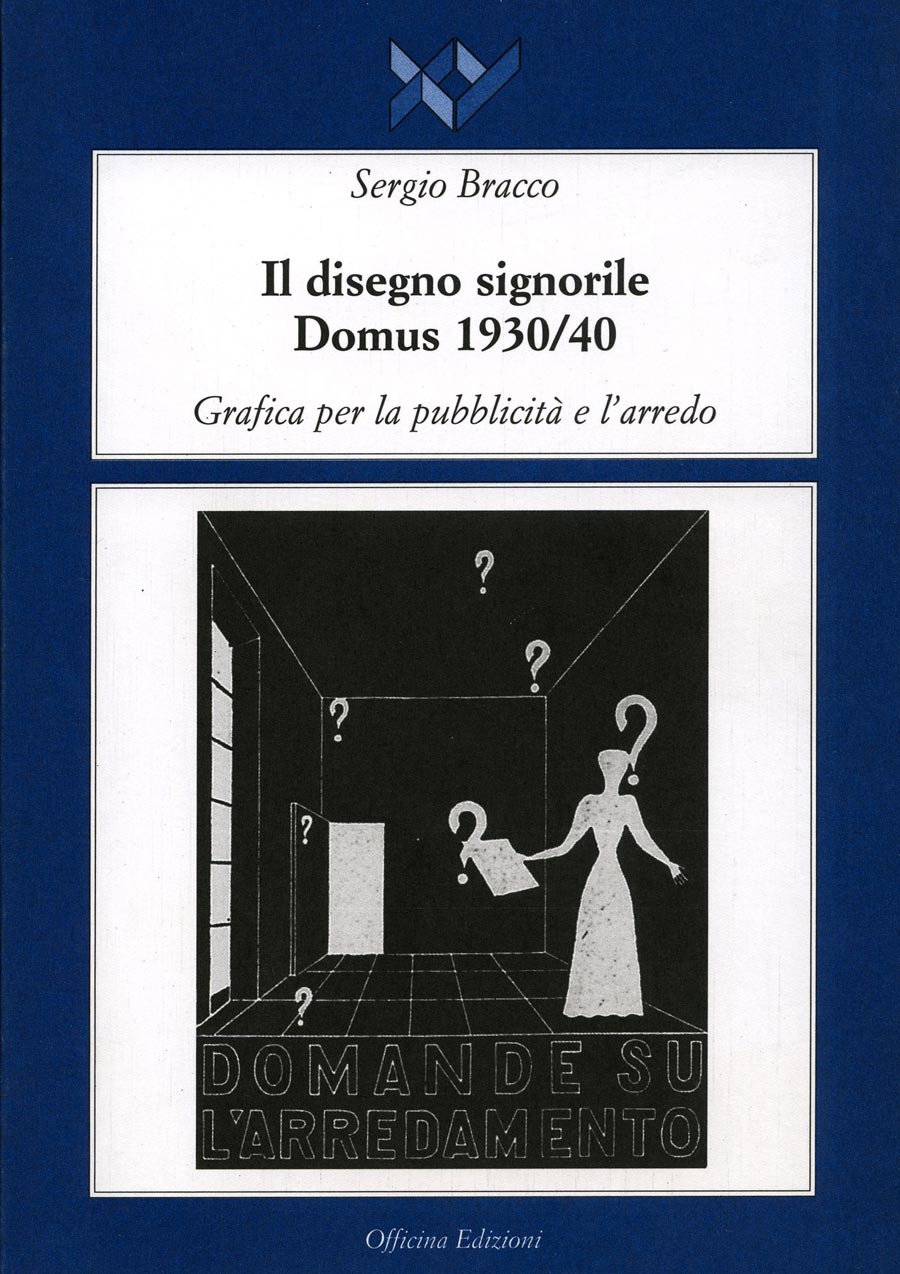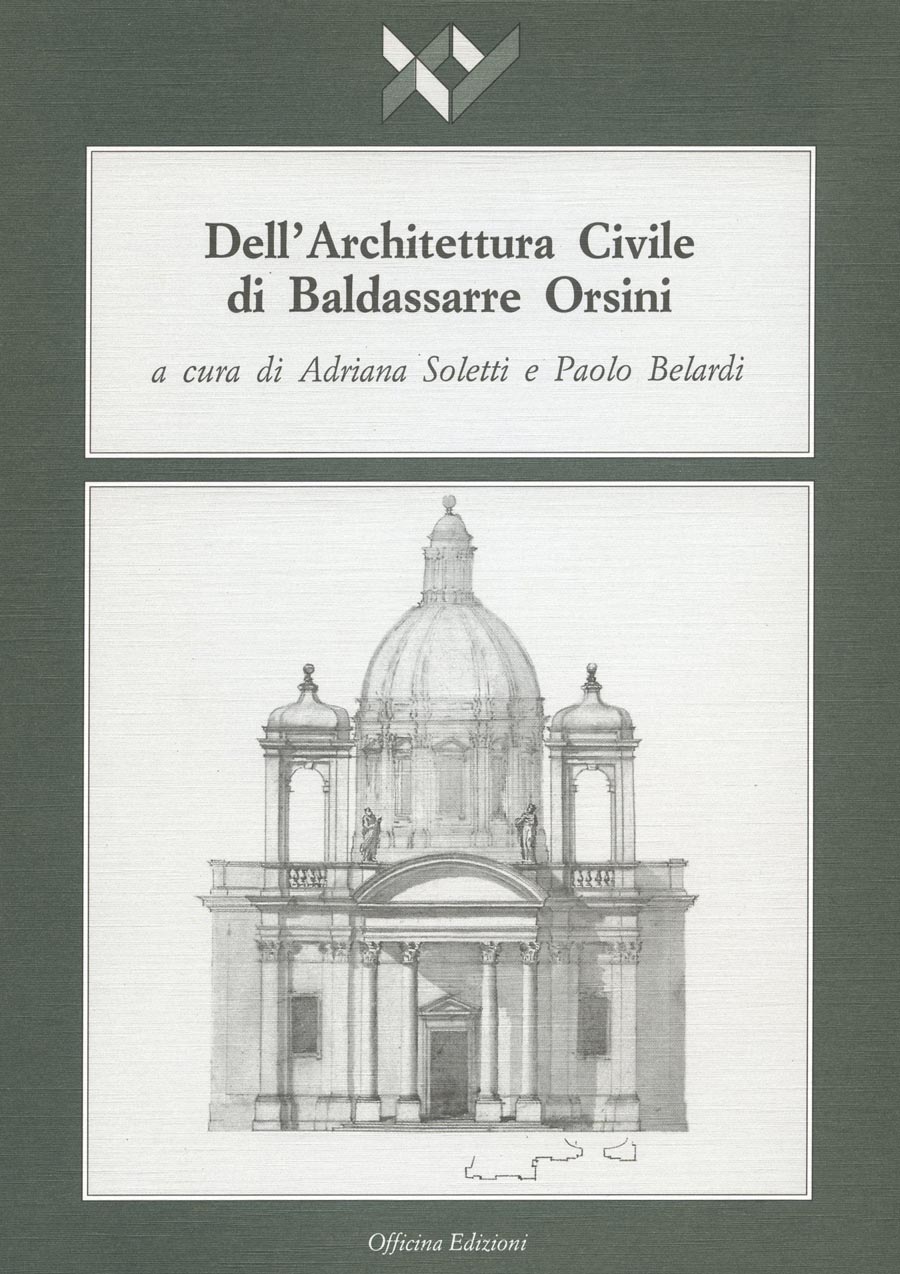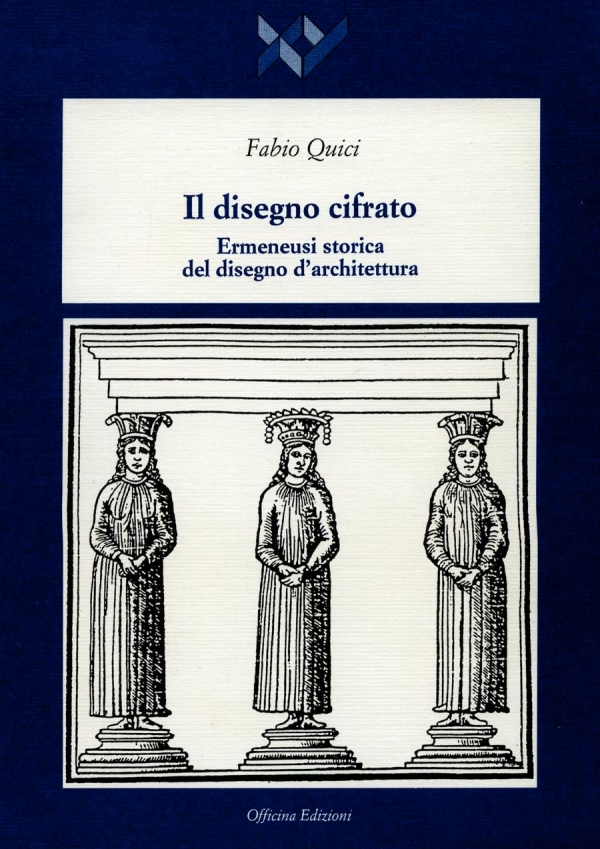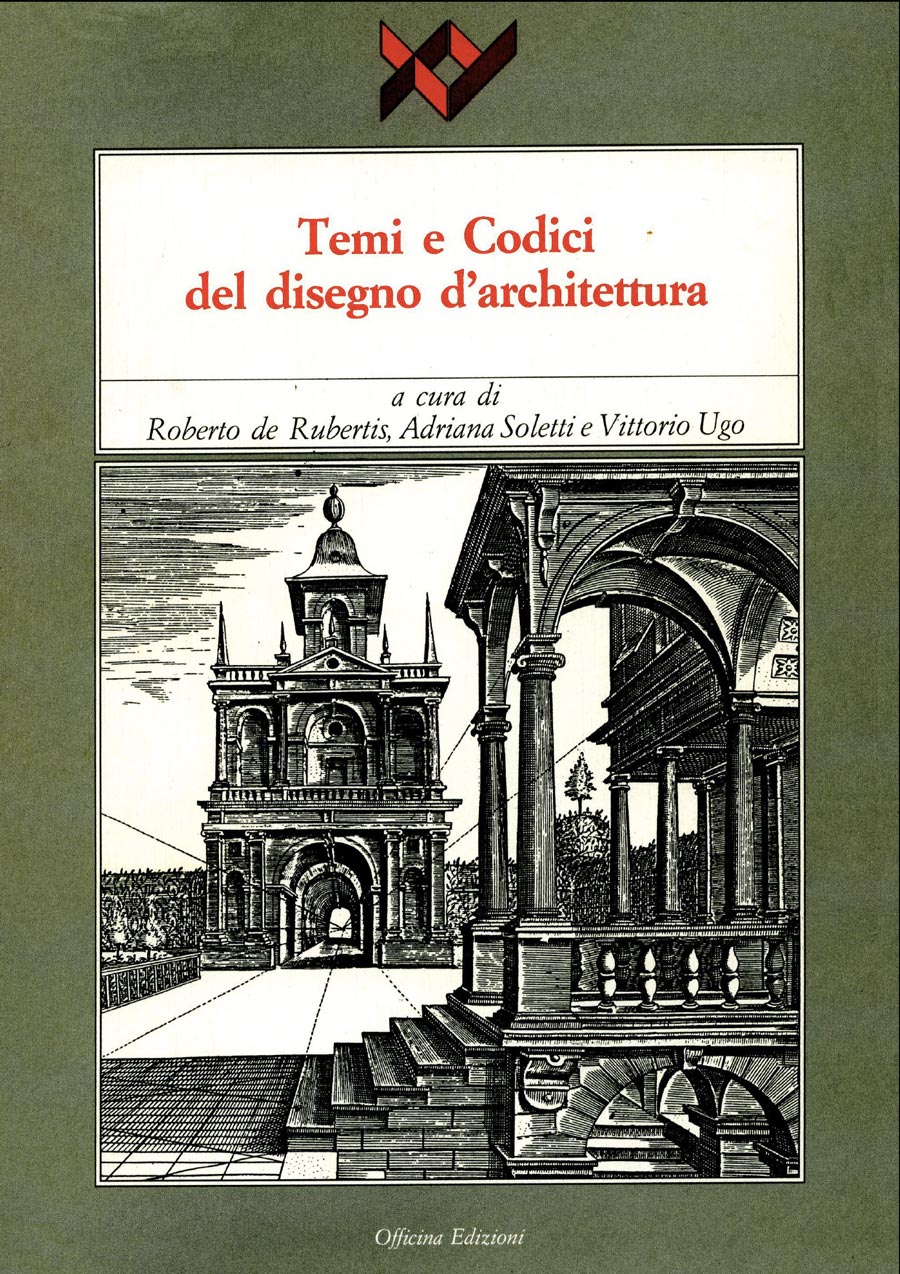Antonio Belvedere’s exploration of the thoughts and works of Vittorio Ugo offers contemporary architectural historiography a precious opportunity, not only to learn about the role of a scholar of great importance in the panorama of design research in Italy, but also to take stock of the great changes that have characterized it in recent decades. From the narrative emerges the figure of a protagonist of his time, well aware of the action that the generation to which he belongs was called to take in a historical period of particular delicacy. A protagonist aware of the fact that his activity as a scholar, teacher and designer lies between the conclusion of the work of post-war Reconstruction in Italy and the emergence of the difficult political strategies imposed by new territorial planning. In every field Ugo was an interpreter of the tensions that were developing and which called him to act with that lucid cultural commitment that is certainly his most specific and salient trait. I believe that retracing the years of collaboration with his teacher was, for the student, something more than an ideal rapprochement with the culture that had united them for many years, and that had the sense of an active and fruitful resumption of a practice that continues to produce thought. Those who know both the student and the teacher can feel how much the original idea is renewed in this biography, in its vitality, as in its language. It seems that even the cultural atmospheres of that time recur with their problematic nature and set in motion the energies generated by a will that has never stopped believing in its intellectual role.
(from the presentation by Roberto de Rubertis)

